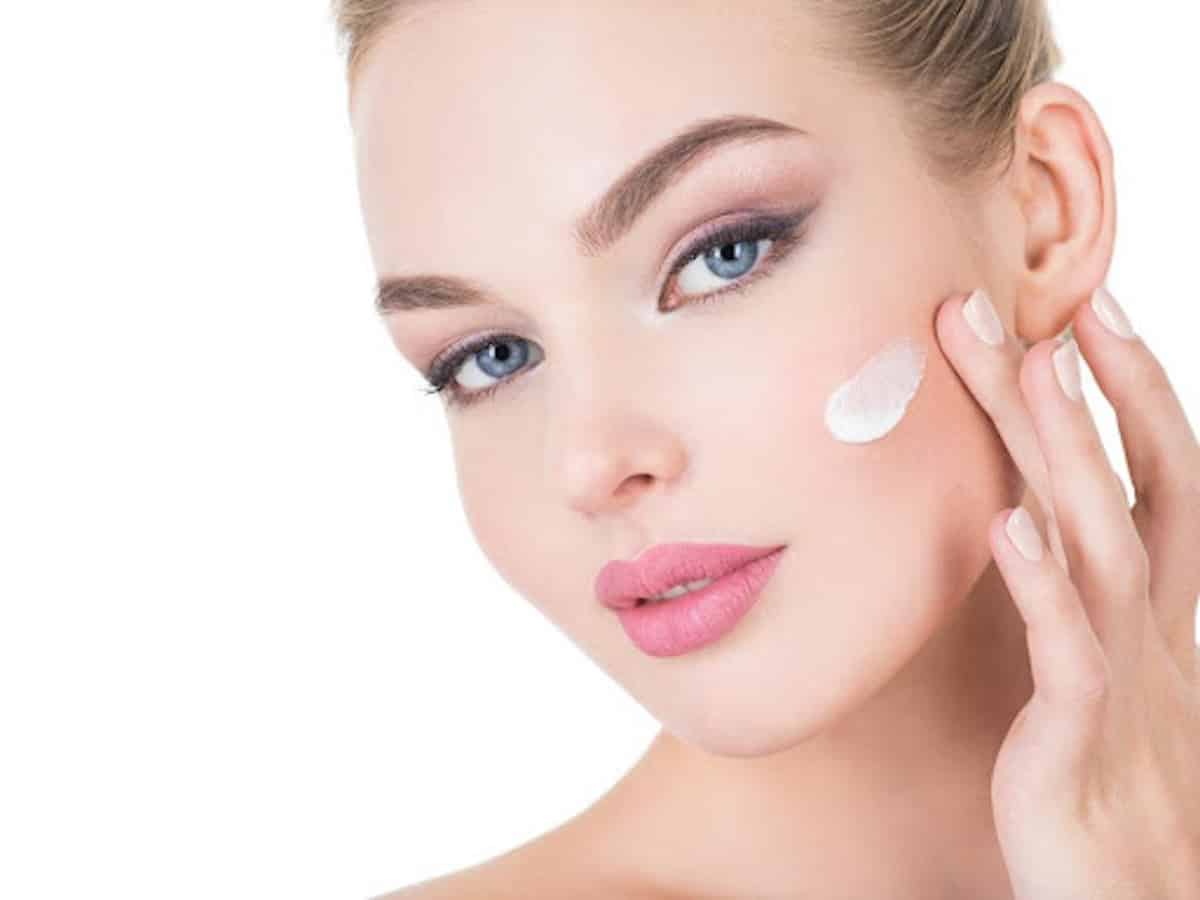Table of Contents
As the quest for eternal youth continues, the beauty industry offers a plethora of options to combat the signs of aging. One of the key choices consumers face is whether to opt for natural or synthetic anti-aging creams. Both options have their merits and drawbacks, making it important to understand their differences and make an informed decision. In this article, we will delve into the world of natural and synthetic anti-aging creams, exploring their ingredients, effectiveness, and potential side effects. By the end, you’ll be equipped with the knowledge to determine which type of anti-aging cream is best suited for your unique skincare needs.
Natural Anti-Aging Creams: Harnessing the Power of Nature
Ingredients and Formulation
Natural anti-aging creams are formulated with ingredients derived from nature, such as plant extracts, essential oils, and botanicals. These creams often feature a combination of vitamins, antioxidants, and other natural compounds known for their skin benefits. Brands like Donginbi and Laneige are renowned for their use of natural ingredients in their anti-aging products.
Effectiveness and Benefits
Natural anti-aging creams are favored by those seeking a more holistic approach to skincare. The ingredients present in these creams are often rich in nutrients that can nourish and rejuvenate the skin. For instance, natural antioxidants like vitamin C and green tea extract help combat free radicals, protecting the skin from premature aging and damage caused by environmental factors.
Furthermore, natural anti-aging creams are generally well-tolerated by individuals with sensitive skin. The absence of harsh chemicals and synthetic additives reduces the likelihood of adverse reactions, making them a preferred choice for those seeking gentler skincare solutions.
Limitations and Considerations
While natural anti-aging creams offer numerous benefits, it is important to note that they may have some limitations. The potency and concentration of active ingredients in natural creams can vary, affecting their effectiveness. Additionally, the shelf life of natural products may be shorter due to the absence of preservatives commonly found in synthetic creams.
Moreover, the results achieved with natural creams may be gradual and subtle. They may not provide the immediate and dramatic effects that some individuals seek. It is important to set realistic expectations and understand that natural creams may take time to show noticeable improvements.
Synthetic Anti-Aging Creams: Advanced Skincare Technology
Ingredients and Formulation
Synthetic anti-aging creams are formulated with laboratory-created ingredients designed to target specific skin concerns. These creams often incorporate cutting-edge technologies and scientific advancements to deliver powerful results. Synthetic creams may contain compounds like retinol, hyaluronic acid, peptides, and alpha hydroxy acids (AHAs).
Effectiveness and Benefits
Synthetic anti-aging creams are favored for their potent and fast-acting formulas. The use of scientifically engineered ingredients allows these creams to target specific signs of aging, such as wrinkles, fine lines, and uneven skin tone, with greater precision. Synthetic creams often provide visible results in a shorter time frame compared to their natural counterparts.
Additionally, synthetic creams can offer a wider range of options, catering to various skin types and concerns. They may include specific ingredients that address specific needs, such as collagen-boosting peptides or hydrating hyaluronic acid.
Limitations and Considerations
While synthetic anti-aging creams boast impressive effectiveness, they may come with some considerations. The use of synthetic ingredients, such as certain preservatives and fragrances, can potentially cause irritation or allergic reactions in individuals with sensitive skin. It is important to patch test synthetic creams before incorporating them into your skincare routine.
Furthermore, synthetic creams may not align with the preferences of those seeking a more natural and organic approach to skincare. The use of laboratory-created compounds may not resonate with individuals who prioritize sustainability and eco-friendly products.
Conclusion
Choosing between natural and synthetic anti-aging creams ultimately depends on your personal preferences, skincare goals, and skin type. Natural creams harness the power of nature, offering gentle and nourishing ingredients that can yield gradual, long-term improvements. Synthetic creams, on the other hand, utilize advanced scientific formulations to provide more targeted and immediate results. It is essential to consider your specific needs, preferences, and skin sensitivities when making a decision.
Remember to conduct thorough research, read customer reviews, and consult with skincare professionals if necessary. The key is to find a cream that addresses your concerns effectively while aligning with your personal values.
FAQs
1. Can I combine natural and synthetic anti-aging creams for better results?
Yes, it is possible to combine natural and synthetic anti-aging creams in your skincare routine. Many individuals choose to incorporate both types of creams to leverage the benefits offered by each. For example, you could use a natural cream during the day for gentle nourishment and a synthetic cream with targeted ingredients, like retinol, at night for more intensive anti-aging benefits. However, it is important to pay attention to how your skin responds to the combination and adjust accordingly.
2. Are natural anti-aging creams suitable for all skin types?
Natural anti-aging creams are generally well-tolerated by individuals with sensitive skin. However, it is still essential to check the ingredients list for potential allergens or irritants. If you have specific skin concerns or conditions, such as acne-prone or extremely dry skin, it is advisable to consult with a dermatologist at Sensoo Skincare who can provide personalized recommendations based on your skin type and needs.
In conclusion, whether you choose a natural or synthetic anti-aging cream, the most crucial factor is finding a product that works well with your skin, addresses your concerns effectively, and aligns with your values and preferences.


